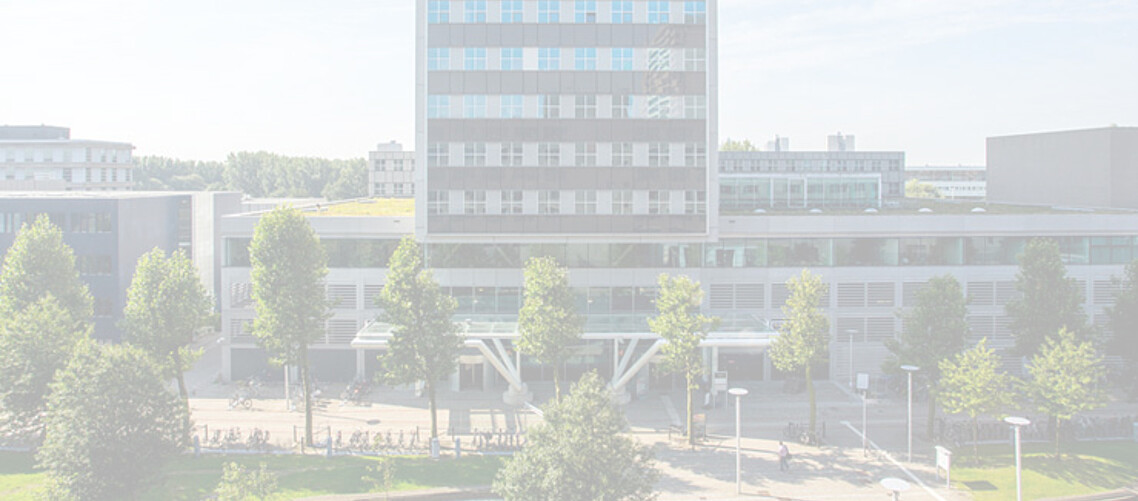Abdelnour’s research proposal fits into the field of humanitarian technology and includes several studies, all of which build upon his recently published paper critiquing how improved cookstoves are promoted to reduce sexual violence, in addition to prior research into the market role of improved cookstoves. The €165,599 grant comes from Horizon 2020, the EU framework programme for research and innovation.
One part of the new study will look at the negotiation and development of international standards pertaining to the technology of cookstoves; another study will focus on advancing a methodological approach to studying humanitarian technology interventions, given that they are complex, involving global and local phenomena as well as many different actors and activities. Abdelnour intends to return to Darfur in the future for more in-depth fieldwork to better understand the experiences of displaced women with improved cookstove programmes.
In his proposal for the fellowship, he described growing global interest in the positive role of technology such as mobile phones, solar panels, sanitary toilets and malaria nets to address problems associated with poverty and humanitarian crises. He argued that current research on humanitarian technology interventions is overly technology-centric, focusing on issues of design, production, delivery, and efficiency. Therefore, Abdelnour’s research project will aim to advance the study of humanitarian technology from a social and organisational perspective with the dual objective of advancing scholarship and informing intervention policy. Specifically, the research project will explore three aspects of humanitarian technology interventions: the establishing of international technology standards, the global organisation of interventions, and the experiences of user-beneficiaries.
Individual fellowships from Marie Skłodowska-Curie actions via the EU’s Horizon 2020 framework, support the mobility of researchers and doctoral candidates within and beyond Europe, as well as helping to attract the best researchers to work in the EU. The grant usually covers two years' salary, a mobility allowance, research costs and overheads for the host institution. Researchers submit proposals for funding in liaison with their planned host organisation, which are judged on their research quality, the researcher's future career prospects, and the support offered by the host organisation. Fellows can also spend part of the fellowship elsewhere in Europe if this would boost impact, and those restarting their career in Europe benefit from special eligibility conditions.
Rotterdam School of Management, Erasmus University (RSM) is a top tier European business school and ranked among the top three for research. RSM provides ground-breaking research and education furthering excellence in all aspects of management and is based in the international port city of Rotterdam – a vital nexus of business, logistics and trade. RSM’s primary focus is on developing business leaders with international careers who carry their innovative mindset into a sustainable future thanks to a first-class range of bachelor, master, MBA, PhD and executive programmes. RSM also has offices in the Amsterdam Zuidas business district and in Taipei, Taiwan. www.rsm.nl
For more information on RSM or on this release, please contact Marianne Schouten, Media & Public Relations Manager for RSM, on +31 10 408 2877 or by email at mschouten@rsm.nl.

